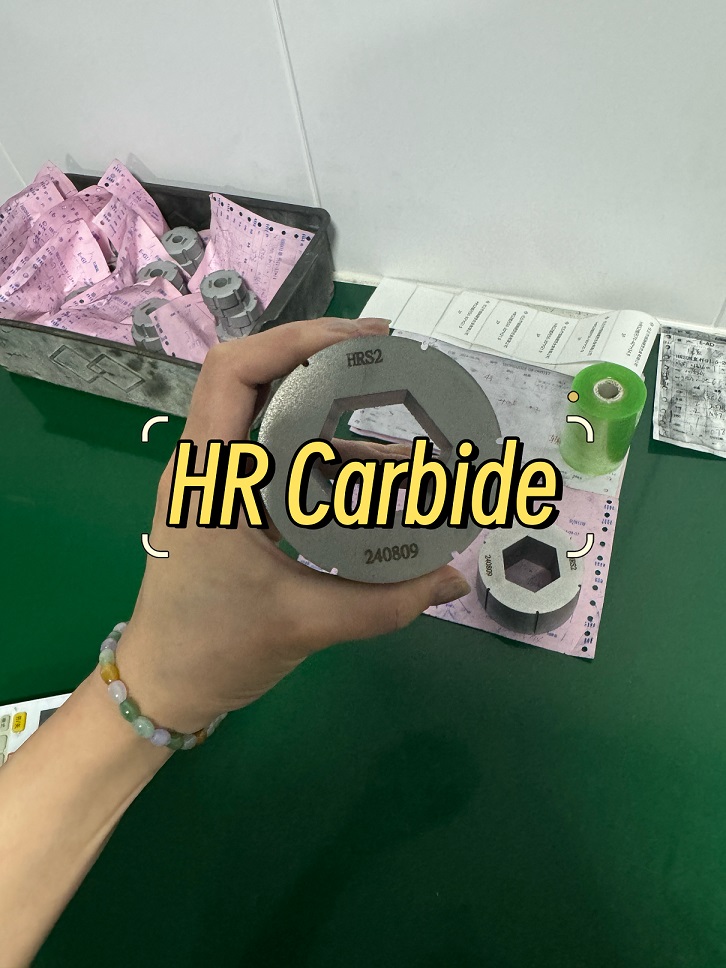1. The hardness of cemented carbide is hra89~95. The hardness of this alloy is very high, so it is difficult to make some complex tools. Cemented carbide is made of carbides of various refractory metals as raw copper. And its own hardness is very good, and it also has certain corrosion resistance and wear resistance.
2. Harder is cemented carbide, commonly known as tungsten steel, which is generally used as a tool. The hardness of steel is mainly related to the carbon content of the steel and the heat treatment state of the steel. Hard steel is a steel with a high carbon content, high hardness, but brittle. Steel is synthesized by adding carbon (C) to iron (Fe), and becomes harder or softer depending on the C content.
3. Selection of cemented carbide grades for cutting tools: Tungsten cobalt titanium alloy: This type of cemented carbide has high hardness and high heat resistance. It has good anti-adhesion and anti-oxidation capabilities. It is suitable for processing steel, alloy steel, high manganese steel, with low tool wear and high durability.
4. The hardness of YW1 cemented carbide is not less than 95HRA, which is suitable for processing difficult-to-process steels such as heat-resistant steel, high manganese steel, stainless steel, and ordinary steel and cast iron. The hardness of YW2 cemented carbide is not less than 95HRA, and its use is similar to that of grade YW1 alloy.
Common grades include YG15YG11YG8, etc. The number after G is the percentage of Co. The more cobalt in the cemented carbide, the better the toughness, which is suitable for rough processing, and the one with less cobalt is used for fine processing. The application field is very wide.
Post time: Aug-17-2024










